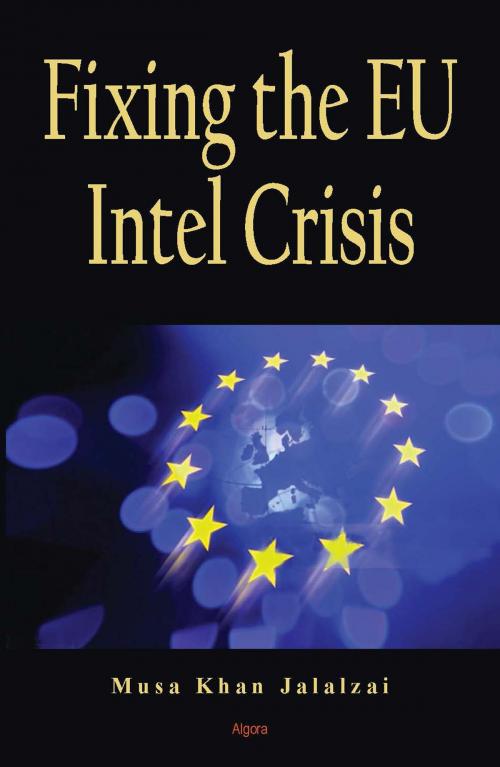Fixing the EU Intel Crisis
Intelligence Sharing, Law Enforcement and the Threat of Chemical Biological and Nuclear Terrorism
Nonfiction, Social & Cultural Studies, Political Science, International, International Security| Author: | Musa Khan Jalalzai | ISBN: | 9781628942187 |
| Publisher: | Algora Publishing | Publication: | October 5, 2016 |
| Imprint: | Algora Publishing | Language: | English |
| Author: | Musa Khan Jalalzai |
| ISBN: | 9781628942187 |
| Publisher: | Algora Publishing |
| Publication: | October 5, 2016 |
| Imprint: | Algora Publishing |
| Language: | English |
However, the author shows that although the European Union introduced its common security policy more than two decades ago, EU member states mistrust each other and have failed to develop and fully integrate professional measures for intelligence-sharing to reduce security risks and the challenges of domestic radicalization and extremism.
This book is a critical analysis of the poor state of intelligence sharing in the West. At the law enforcement level, and intelligence surveillance cooperation of PRISM, TEMPORA, UPSTREAM, ECHELON, NSA and Five-Eye intelligence alliance with the EU member states. Most of the current intelligence problems within the European Union, whether they relate to predicting surprise attacks, the politicization of intelligence, or questions of ethics and privacy are old conundrums. It is hard to escape the feeling that closer attention to obvious lessons from the past would have assisted European Union intelligence sharing in avoiding the recent attacks in Paris and Brussels.
However, the author shows that although the European Union introduced its common security policy more than two decades ago, EU member states mistrust each other and have failed to develop and fully integrate professional measures for intelligence-sharing to reduce security risks and the challenges of domestic radicalization and extremism.
This book is a critical analysis of the poor state of intelligence sharing in the West. At the law enforcement level, and intelligence surveillance cooperation of PRISM, TEMPORA, UPSTREAM, ECHELON, NSA and Five-Eye intelligence alliance with the EU member states. Most of the current intelligence problems within the European Union, whether they relate to predicting surprise attacks, the politicization of intelligence, or questions of ethics and privacy are old conundrums. It is hard to escape the feeling that closer attention to obvious lessons from the past would have assisted European Union intelligence sharing in avoiding the recent attacks in Paris and Brussels.















